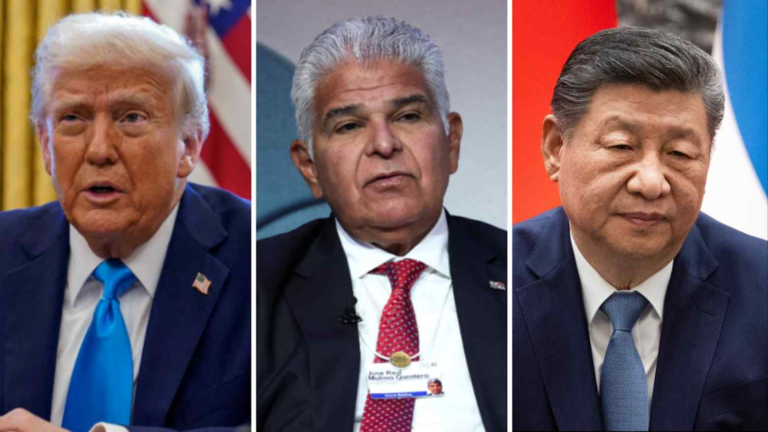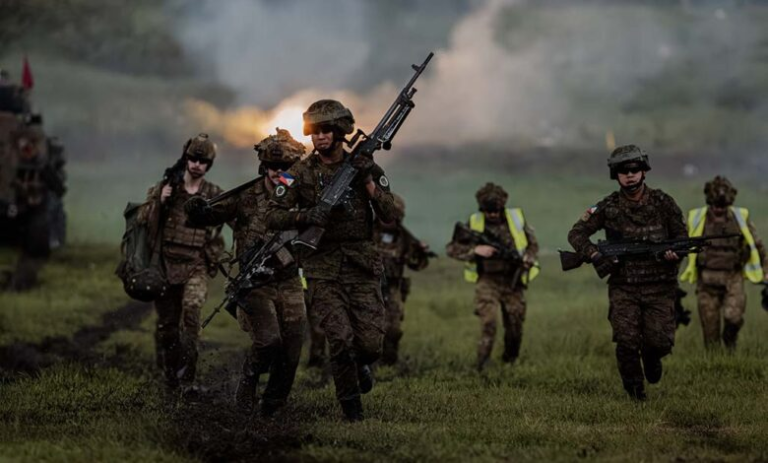
In a demonstration of strengthened regional partnerships, Japan, the Philippines, and the United States recently carried out a multilateral maritime cooperative activity aimed at enhancing security and stability in the Indo-Pacific region. This joint effort underscores the commitment of the three nations to uphold freedom of navigation, address common maritime challenges, and foster deeper collaboration among their naval forces.
The exercise featured coordinated operations, including search and rescue drills, communication protocols, and tactical maneuvers designed to improve interoperability and mutual understanding. The activity also served as an opportunity for sharing best practices in maritime security and disaster response, reflecting the shared values and goals of the participating nations.
By engaging in such cooperative initiatives, Japan, the Philippines, and the United States reaffirm their dedication to maintaining peace and stability in the region while promoting a rules-based international order. This multilateral effort highlights the importance of partnerships in addressing emerging threats and challenges in the maritime domain.
This iteration builds upon previous MCAs and our continuing operations together, which strengthens the interoperability of our defense/armed forces doctrines, tactics, techniques, and procedures.
MCAs are conducted in a manner that is consistent with international law and with due regard to the safety and navigational rights and freedoms of all nations. Participating units included the U.S. Navy Arleigh Burke-class guided-missile destroyer USS Shoup (DDG 85) and a P-8A Poseidon maritime patrol and reconnaissance aircraft, the Philippine Navy Jose Rizal-class guided-missile frigate BRP Jose Rizal (FF 150) and King Air C-90 aircraft, and the Japan Maritime Self Defense Force Mogami-class frigate JS NOSHIRO (FFM 3).
The U.S., along with our allies and partners, upholds the right to freedom of navigation and overflight and other internationally lawful uses of the sea related to those freedoms.
Japan, the Philippines, and the United States recently conducted a Multilateral Maritime Cooperative Activity (MMCA) in the South China Sea, reinforcing their commitment to a free and open Indo-Pacific. The drills, held on April 7, 2024, involved joint naval and air exercises, including anti-submarine warfare training, communication drills, and tactical maneuvers.
Key Details:
- Participants:
- Japan: JS Akebono (destroyer)
- Philippines: BRP Andres Bonifacio (frigate)
- United States: USS Mobile (Littoral Combat Ship)
- Aircraft from all three nations also participated.
- Location: The exercises took place within the Philippines’ Exclusive Economic Zone (EEZ), near areas where China has been assertive.
- Objective:
- Strengthen interoperability among allies.
- Promote maritime security and freedom of navigation.
- Counter unlawful maritime claims and coercive actions in the region.
Strategic Significance:
- This marks an expansion of trilateral cooperation amid rising tensions with China.
- The drills signal stronger defense ties between the U.S., Japan, and the Philippines.
- China has criticized such exercises as “provocative,” claiming they escalate regional instability.
This MMCA follows the 2023 U.S.-Philippines-Japan summit, where leaders agreed to enhance security collaboration in response to China’s growing assertiveness in the South China Sea and near Taiwan.





